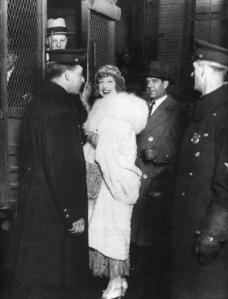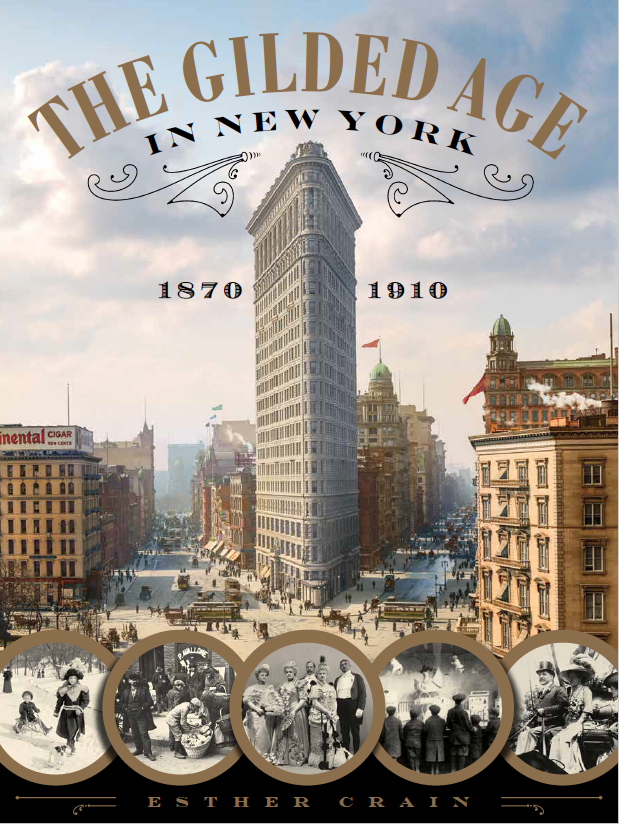 Mary Louise Cecilia Guinan was a born entertainer.
Mary Louise Cecilia Guinan was a born entertainer.
Nicknamed “Texas” after her home state, she got her start in show business as an actress, touring the country with theater groups, rodeos, and vaudeville shows at the turn of the last century.
After a failed marriage, a stint in Hollywood making silent films, and with dreams of stardom, she moved to New York City in 1905. Bubbly and extroverted, she scored roles in musicals and movies.
But her biggest role wasn’t on the stage or screen—it was in one of Prohibition-era New York’s most popular speakeasies.
It happened by accident. After impressing early 1920s crowds with her brassy attitude as a hotel lounge singer, she became the club’s emcee.
She connected well with customers and was hired to emcee at other nightspots—at the Knickerbocker Hotel on 42nd Street, for instance, and a place called the El Fey on West 48th Street.
“Nights at the El Fey, and later at Texas’s other clubs, blended alcohol-fueled mirth and sportive bedlam,” wrote Leo Trachtenberg in City Journal.
 “Armed with a clapper, a police whistle, and her ever-derisive wit, wrapped in ermine, and sporting an array of gigantic hats, Texas impaled big spenders with insults and made them love it.”
“Armed with a clapper, a police whistle, and her ever-derisive wit, wrapped in ermine, and sporting an array of gigantic hats, Texas impaled big spenders with insults and made them love it.”
In 1925, Texas opened the 300 Club, at 151 West 54th Street. John Barrymore, George Gershwin, and Clara Bow were regulars. The club was targeted by officials, who were constantly padlocking the door and arresting Texas.
Her cheeky explanation: patrons brought liquor with them, and that the place was so small, the showgirls were forced to dance close to customers.
The Depression ended the party. Texas went back to acting, and in 1933 while on the road in Vancouver, she contracted dysentery and died at 49.
Mostly forgotten today, the “Queen of the Night Clubs” is immortalized in some Damon Runyon short stories; she’s the basis for the nightclub operator “Miss Missouri Martin.”
In the photo of the El Fay club, two swastikas flank the entrance. They had nothing to do with Nazi Germany; the swastika symbol was a good luck symbol, according to the City Journal article.


